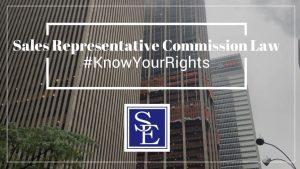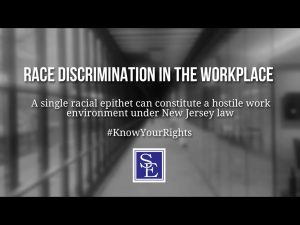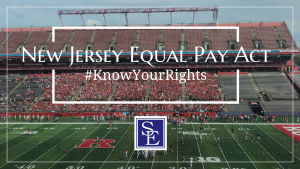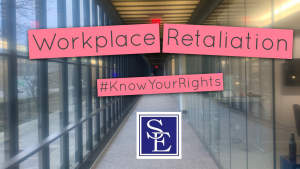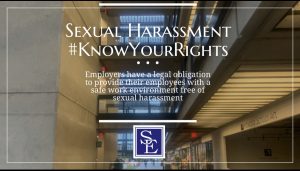Liquidated damages are a type of monetary compensation to which an injured party is entitled when a statute provides for this additional relief or when it is available under contract. When liquidated damages are an available remedy under statutory law, the statute will generally provide guidelines to courts to help them determine the appropriate award. Under New Jersey’s Wage Payment Law, specifically the August 6, 2019 amendments also commonly known as the Wage Theft Act, an additional amount of liquidated damages of up to 200% of the unpaid wages due are available should the plaintiff succeed in his or her claim for unpaid wages. The Wage Theft Act also extended the time plaintiffs have to bring claims against their employers from two to six years.
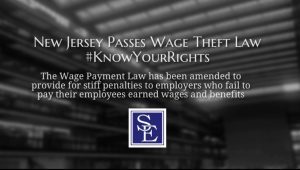 One question that has been litigated in the year and a half since the passing of the Wage Theft Act is whether the amendments apply retroactively to claims that arose before August 6, 2019. The Superior Court for the State of New Jersey in the Essex County vicinage just refused to dismiss a putative class action complaint filed by Werny Castro on behalf of himself and other similarly situated truck drivers, against the defendant Linden Bulk Transportation, LLC, a for-profit motor freight carrier, under the New Jersey Wage Payment Law, including the wage theft amendments. Castro claims that the trucking company purposely misclassified him and other similarly situated drivers as independent contractors rather than employees in order to avoid paying them proper wages in violation of the Wage Payment Law.
One question that has been litigated in the year and a half since the passing of the Wage Theft Act is whether the amendments apply retroactively to claims that arose before August 6, 2019. The Superior Court for the State of New Jersey in the Essex County vicinage just refused to dismiss a putative class action complaint filed by Werny Castro on behalf of himself and other similarly situated truck drivers, against the defendant Linden Bulk Transportation, LLC, a for-profit motor freight carrier, under the New Jersey Wage Payment Law, including the wage theft amendments. Castro claims that the trucking company purposely misclassified him and other similarly situated drivers as independent contractors rather than employees in order to avoid paying them proper wages in violation of the Wage Payment Law.
Castro’s job required him to deliver cargo from Linden’s facility to various ports in New Jersey. He claims that since August 2013, the trucking company has misclassified him and other drivers, and unlawfully required them to pay certain expenses thereby depriving them of rightfully earned wages. Specifically, Linden required drivers to pay for fuel, taxes, tolls, truck parts, insurance policies and business-related phone calls, among other items. The trucking company classified the drivers as lessors of the trucks, and itself as lessee. Castro claims, however, that the drivers in fact leased the vehicles from an affiliate of Linden and that at least one of the vehicles was even registered under Linden’s Department of Transportation registration number. In addition to control and ownership of the vehicles, Castro claims that the trucking company also exercised control over the work performed by him and the other putative plaintiffs. For instance, Linden set work schedules and distributed assignments, required the use of Linden’s shipping invoices and time verification reports, and required that the trucks be returned to and stored at Linden’s facility at the end of each shift. Linden also had the ability to terminate Castro and the other drivers, which would have left them entirely unemployed without any clients or customers, because they all relied entirely upon Linden for their work.
 New Jersey Employment Lawyers Blog
New Jersey Employment Lawyers Blog







